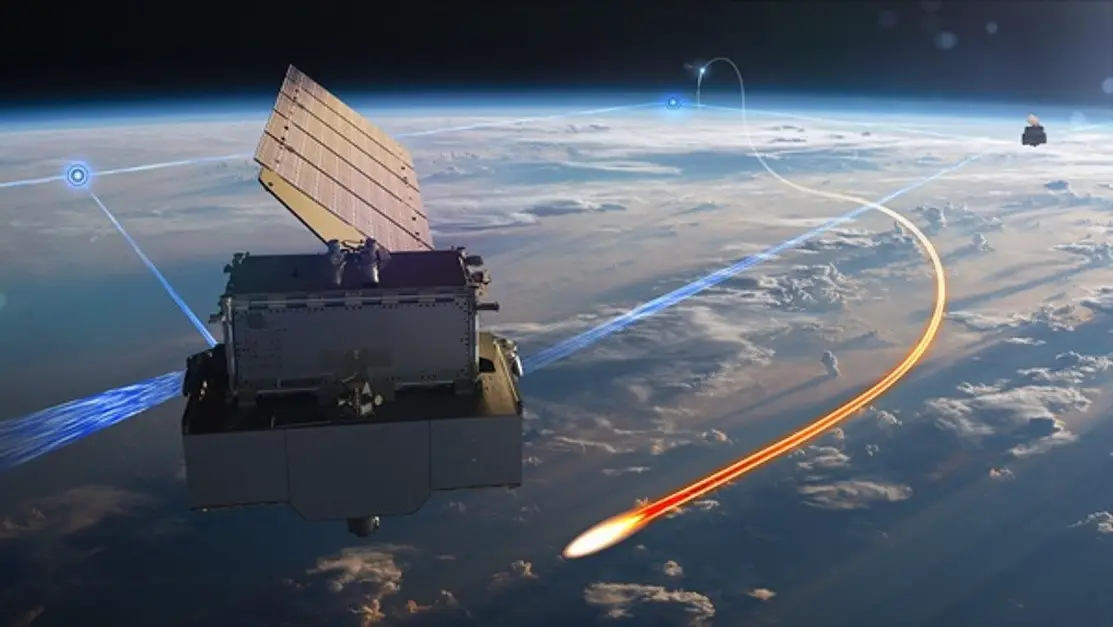Mercury Systems, Inc., a technology company that delivers mission-critical processing power to the edge, today announced it was awarded a $31 million contract from L3Harris Technologies (NYSE: LHX) to provide solid-state data recorders for the U.S. Space Development Agency (SDA)’s Tranche 2 Tracking Layer satellite constellation. L3Harris was selected in January to design and build 18 satellites that will provide near-global missile warning and tracking coverage, with preliminary missile defense, under SDA’s Tranche 2 Tracking Layer program. The Tracking Layer is part of SDA’s Proliferated Warfighter Space Architecture, a layered network of military satellites supporting multiple missions in Low Earth Orbit (LEO). Tranche 2 follows the 16-satellite constellation L3Harris is building for Tranche 1, and the four recently launched satellites it built for the Tranche 0.
“We are extremely proud to provide the on-orbit data storage capabilities for this important national security mission,” said Tom Smelker, GM of Mercury’s Microsystems business unit. “The Mercury Processing Platform brings unique advantages to the space domain, with edge-ready products that turn data into decisions.”
Mercury’s solid-state data recorders (SSDRs) are the primary storage devices on all three L3Harris constellations. These radiation-tolerant devices enable on-orbit sensor data processing and storage in a 3U VPX form factor, with a microprocessor and software-free design that ensure precise, long-term operation in harsh environments. Mercury SSDRs have a proven spaceflight heritage, powering missions such as NASA’s Earth Surface Mineral Dust Source Investigation science mission that is currently in operation aboard the International Space Station.
Mercury Systems is a technology company that delivers mission-critical processing power to the edge, making advanced technologies profoundly more accessible for today’s most challenging aerospace and defense missions. The Mercury Processing Platform allows customers to tap into innovative capabilities from silicon to system scale, turning data into decisions on timelines that matter. Mercury’s products and solutions are deployed in more than 300 programs and across 35 countries, enabling a broad range of applications in mission computing, sensor processing, command and control, and communications. Mercury is headquartered in Andover, Massachusetts, and has 24 locations worldwide.















